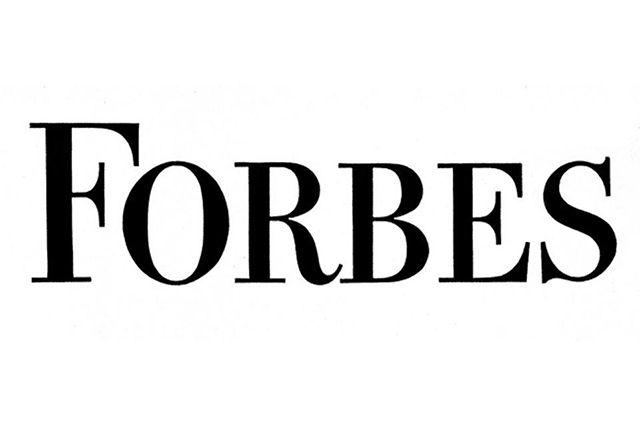-

Hear from Professor Monica Toft
Learn how Professor Monica Toft is shaping the study of global affairs and diplomacy at Fletcher.
Hear from Prof. Toft -

Explore Fletcher academics in action
Fletcher Features offers insights, innovation, stories and expertise by scholars.
Get global insights -
Get application tips right from the source
Learn tips, tricks, and behind-the-scenes insights on applying to Fletcher from our admissions counselors.
Hear from Admissions -

Research that the world is talking about
Stay up to date on the latest research, innovation, and thought leadership from our newsroom.
Stay informed -
Meet Fletcherites and their stories
Get to know our vibrant community through news stories highlighting faculty, students, and alumni.
Meet Fletcherites -

Forge your future after Fletcher
Watch to see how Fletcher prepares global thinkers for success across industries.
See the impact -

Global insights and expertise, on demand.
Need a global affairs expert for a timely and insightful take? Fletcher faculty are available for media inquiries.
Get in Touch
National Digital Transformation: A Conversation With Serbia’s Prime Minister Ana Brnabic
Serbia's ranking from the Fletcher School’s Digital Evolution Scorecard is mentioned in this conversation with Serbian Prime Minister Ana Brnabic.

We can learn a lot from small countries where big things happen. Ireland attracts some of the world’s largest corporations via far more than just low corporate taxes. New Zealand’s KEA (Kiwi Expat Association) mobilizes their diaspora better than anyone. Estonia boasts the world’s highest per capita of tech unicorns— six for a population of 1.3 million.
Upstaging everyone, the Himalayan Kingdom of Bhutan— population 760,000—vaccinated 93% of their adult population against Covid-19 in two weeks. Having visited three times with one of my portfolio companies, www.abroad.io, I’m familiar with the challenge this presented, as well as the spirit and commitment that enabled their accomplishment.
Recently, I’ve become interested in the case of Serbia. Through the breakup of Yugoslavia in the 1990s, the country experienced regional war, human rights issues, international sanctions, economic mismanagement and significant damage to infrastructure. Slowly emerging from these challenges, the country’s GDP in 2015 was 27.5% below its level in 1989.

